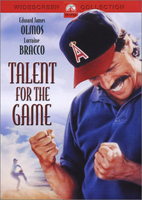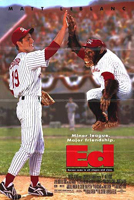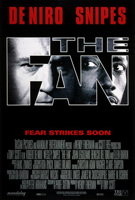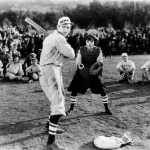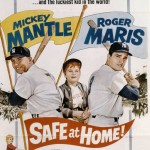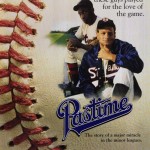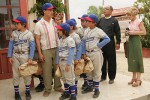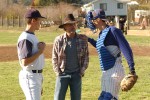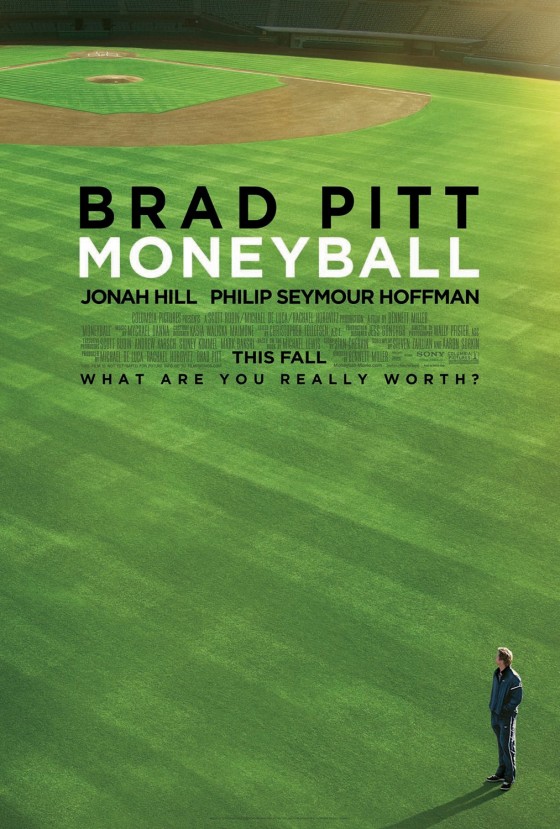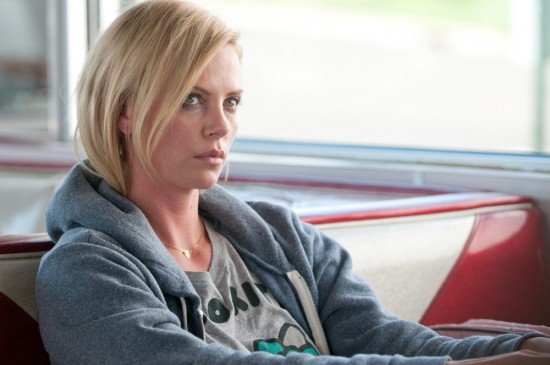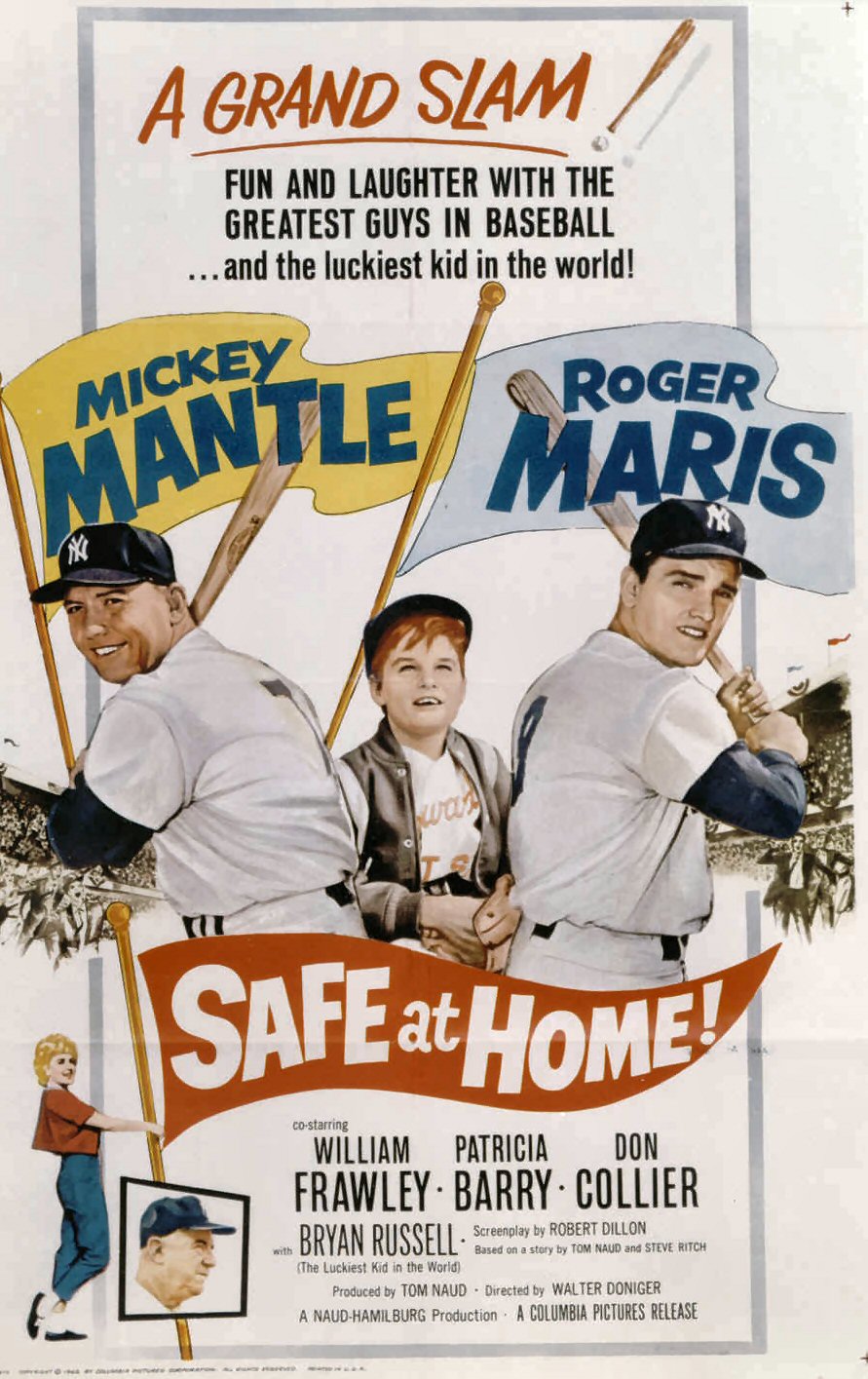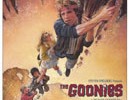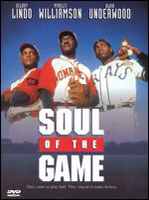 While the early years of Major League Baseball might be looked upon as a Golden Era to many historians, one cannot overlook the fact that some of the game’s best players never qualified to compete for the World Series simply because of the color of their skin. For decades, baseball’s owners made sure, whether it be official or not, the Black players not be allowed in their exclusive club. With every threat to break this, the owners fought back. It wasn’t until after WWII that the game saw a shift and the prejudice that stains the game still today, perhaps more than any labor, gambling or steroid scandals can, finally began to crack. Kevin Rodney Sullivan’s Soul of the Game takes a dramatic approach to the search for the first Black Major Leaguer.
While the early years of Major League Baseball might be looked upon as a Golden Era to many historians, one cannot overlook the fact that some of the game’s best players never qualified to compete for the World Series simply because of the color of their skin. For decades, baseball’s owners made sure, whether it be official or not, the Black players not be allowed in their exclusive club. With every threat to break this, the owners fought back. It wasn’t until after WWII that the game saw a shift and the prejudice that stains the game still today, perhaps more than any labor, gambling or steroid scandals can, finally began to crack. Kevin Rodney Sullivan’s Soul of the Game takes a dramatic approach to the search for the first Black Major Leaguer.
Baseball fans know that Jackie Robinson broke baseball’s color barrier when he suited up for the Brooklyn Dodgers on April 15, 1947. The Major Leagues is supposed to be a collection of the best the game has to offer, Robinson might not have been the most skilled. He was the complete package of player and ambassador. But there was a long process that came with finding this out. Soul of the Game includes Robinson (Blair Underwood) in the mix as it profiles Dodgers head Branch Rickey (Edward Herrmann) and his plight to break the racial headlock. But Robinson wasn’t the only candidate that was given serious consideration. The film also focuses on flamboyant pitcher Satchel Paige (Delroy Lindo) and power-hitting catcher Josh Gibson (Mykelti Williamson).
Robinson’s achievement is common knowledge. It’s edged in history and still celebrated annually today. Heck, no Major Leaguer can wear his number 42 on their jersey again. Robinson is a legend for what he achieved both on the field statistically, but also for what he brought to the game. The historical background of Robinson and Rickey presents the film’s greatest challenge. How do you create suspense and build-up to something that’s a part of recent history? Sullivan opts for an overly dramatic approach. At several points over the course of the film, the drama is raised higher than one might expect. This undermines the fine performances from all involved, particularly Lindo, as everything needs to be a big moment. Big moments and realizations can happen in small events but here they have to involve big crowds, big games, big nights or any combination of the three. Sullivan doesn’t hold back. Soul of the Game, unfortunately, is filled with contrivances and over-the-top situations.
Although the film focuses on characters, most of the attention is spent on their bigger sides. Had the story explored more of their personal sides and made Paige, Gibson and Robinson with a little more depth, Sullivan might have been able to escape with an excellent film. Instead, Soul of the Game is more akin to a bloop single: it’s not pretty but it gets the job done, even if only for a little bit.
